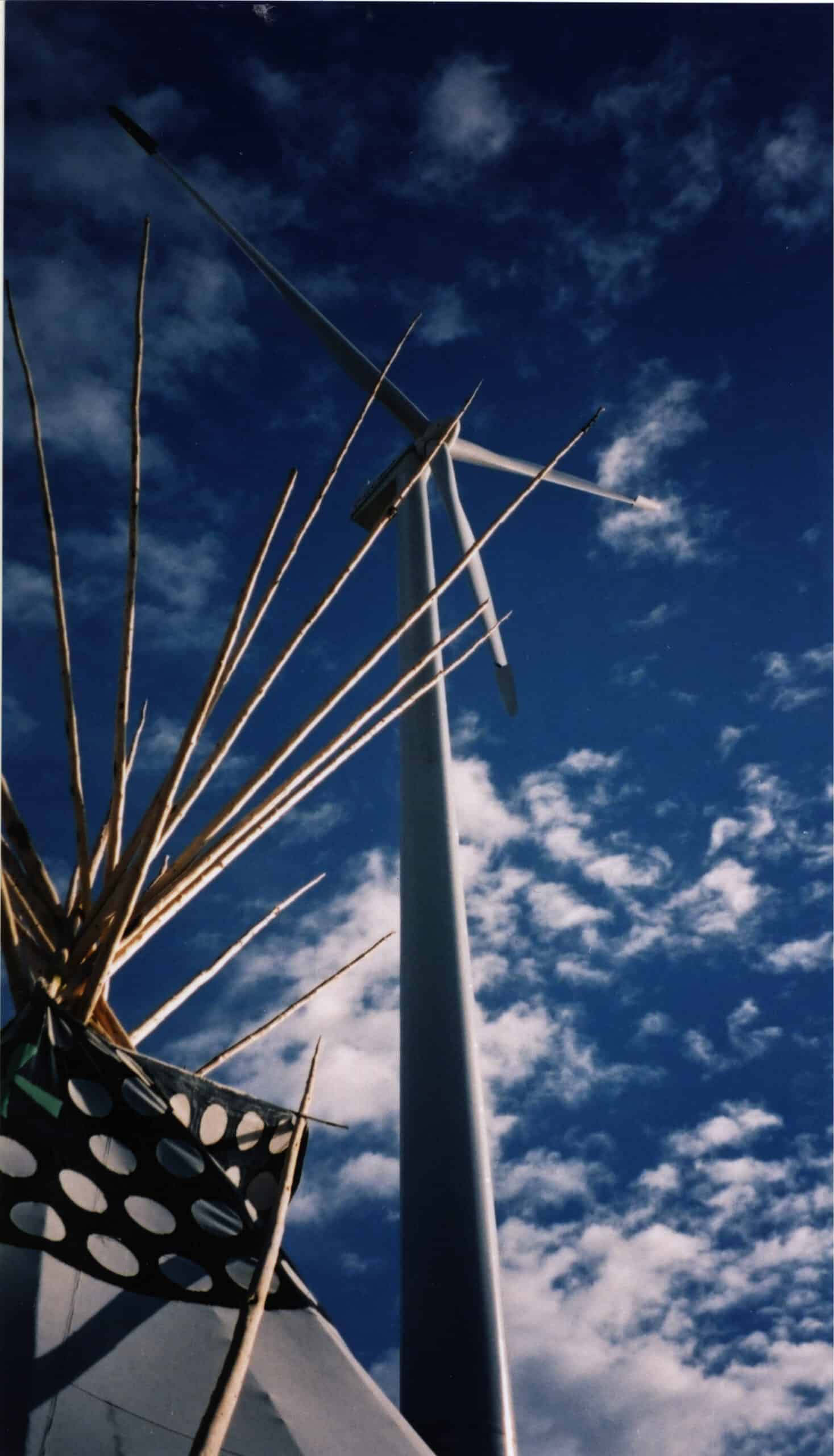
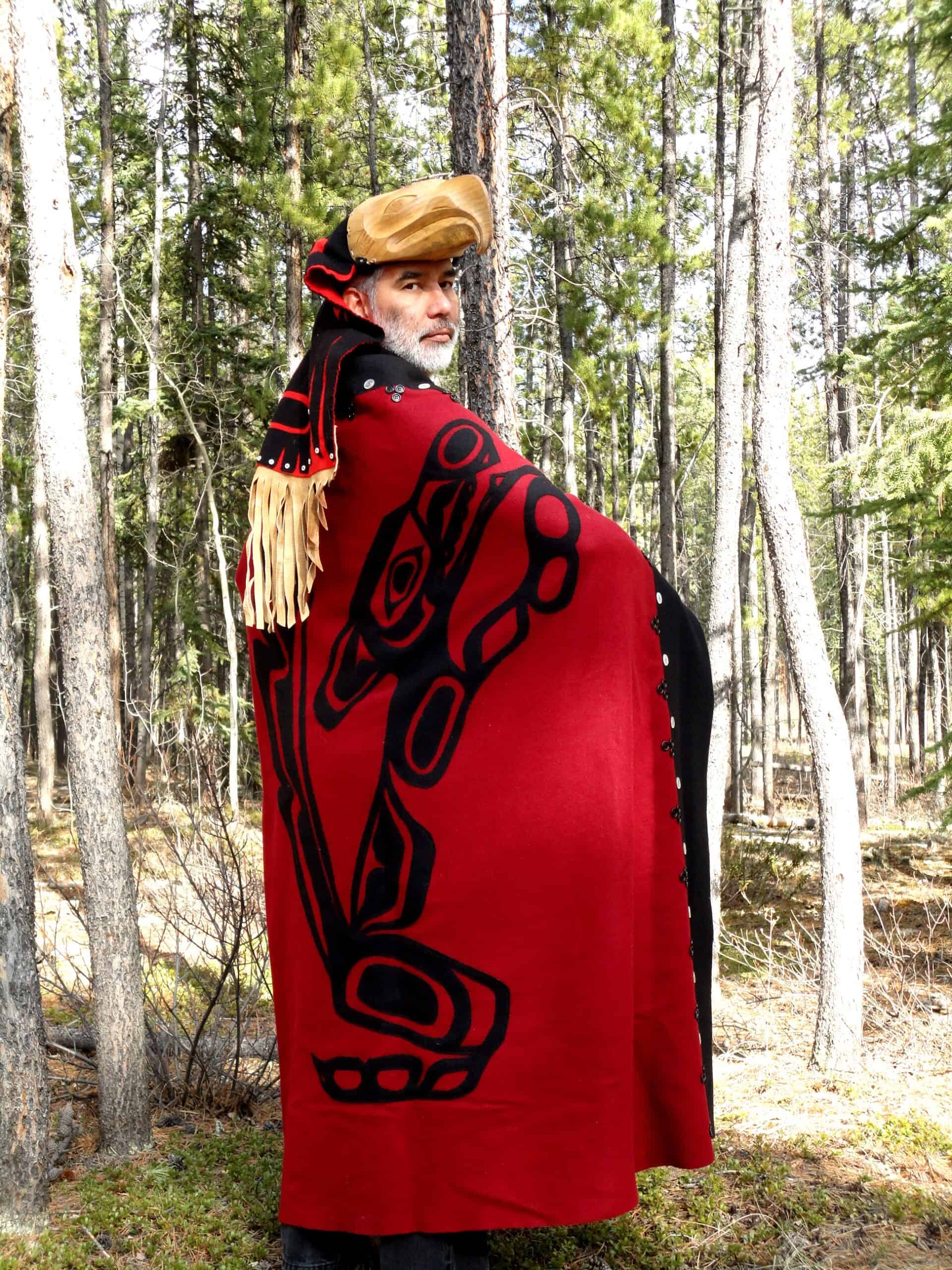
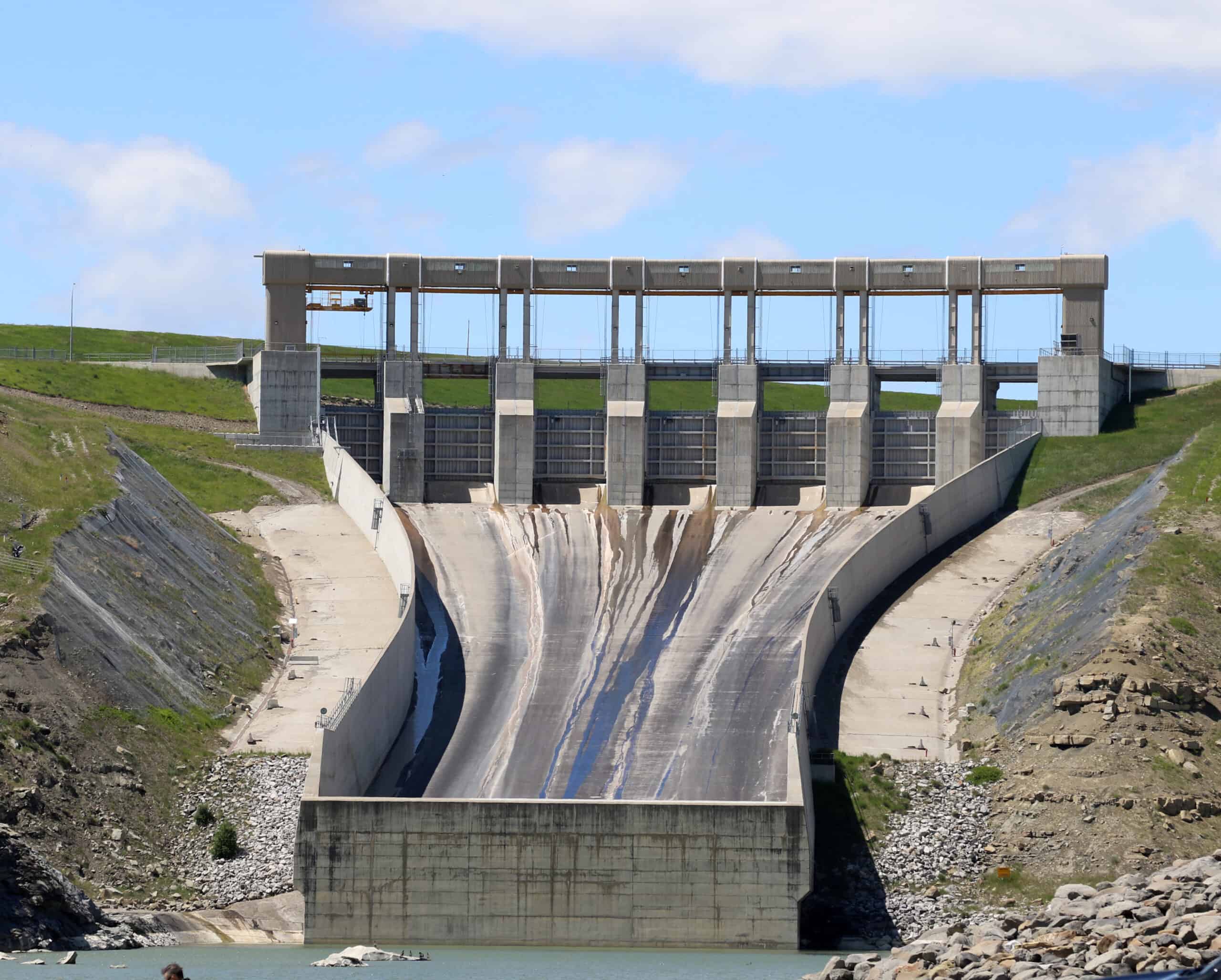
2000-2005
Ground-breaking Projects
In 2000, Canada saw the first ripples of Indigenous communities seeking energy sovereignty and the development of community-led projects. This first wave of Indigenous clean energy leadership was driven by three main factors: project precedent, provincial policy change, and legal recognition of treaty rights.
First, notable communities such as the Pic River First Nation asserted through project development negotiations the fairness and justice of Indigenous co-ownership of projects on ancestral land.
Second, modest provincial and territorial electricity policy efforts resulted in early-adoption projects. For example, British Columbia’s remote communities program led communities, such as Atlin, to develop a small hydro project that replaced all diesel consumption.
Third, grievance settlement arrangements resulted in projects. For example, the Treaty of the Braves (La Paix des Braves), between the Northern Cree Nation, Canada and Quebec, recognized that large hydro projects should include financial benefits for Indigenous communities.
As a result of these three factors, the vast potential of Indigenous participation in clean energy projects began to be acknowledged by Indigenous government and organizations, provincial and territorial governments, utilities, and renewable energy development companies alike.
See the Waves of Change report
2005-2015
Between 2005 and 2015, there was growing realization amongst Indigenous communities across the country that clean energy projects sited on traditional territories represented a significant economic opportunity for right holders. This led to community-centred clean energy capacity-building efforts and resulted in many First Nations, Inuit and Métis governments and organizations negotiating project partnerships with utilities and project development companies.
During this time, as part of his role as a clean energy advisor at Lumos Energy, Chris Henderson (current ICE Executive Director) began to meet and make connections with the Indigenous clean energy leaders; connections that would become the cornerstone of the current success of our organization. These years are documented in Chris’ book, Aboriginal Power.
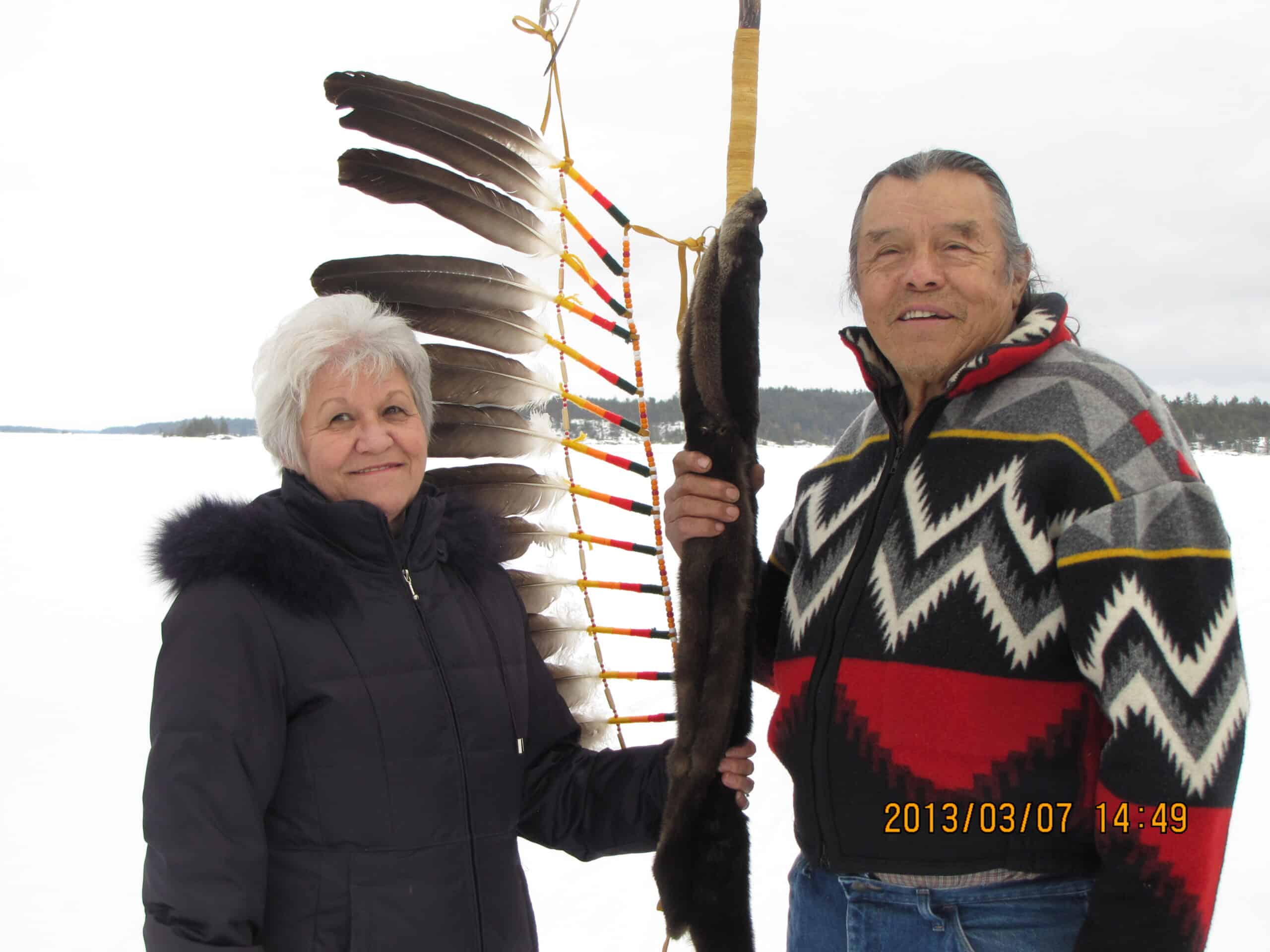
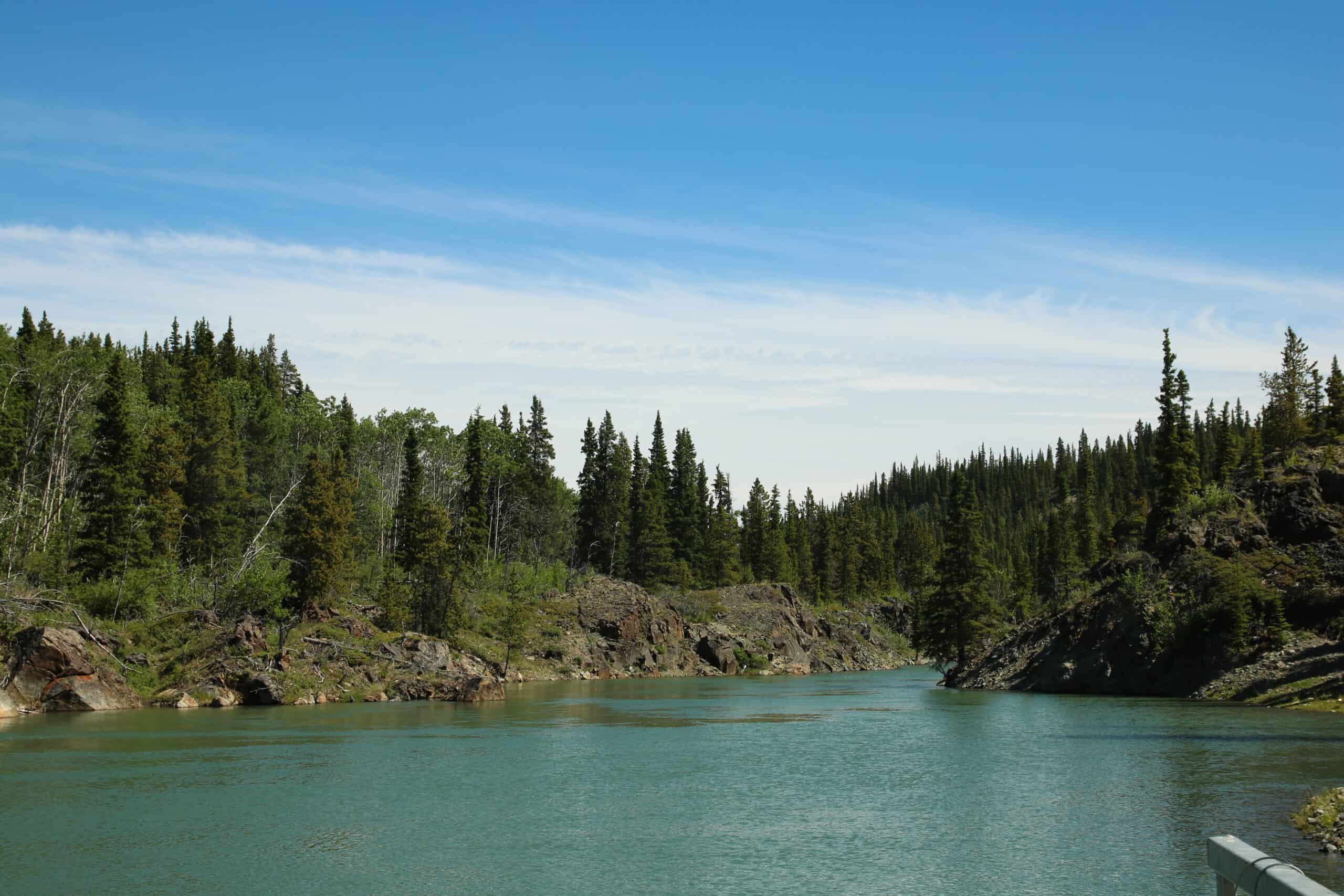
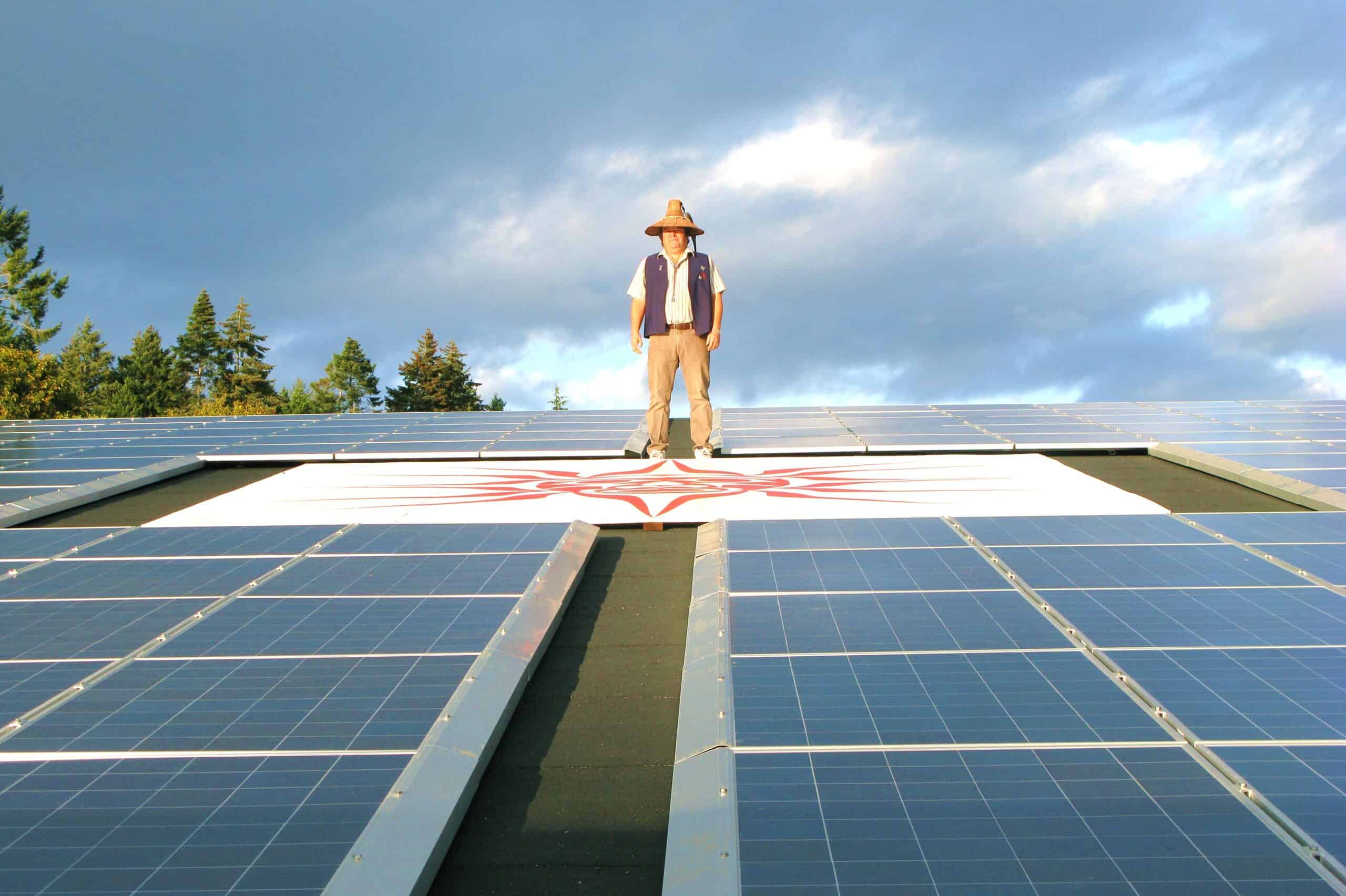
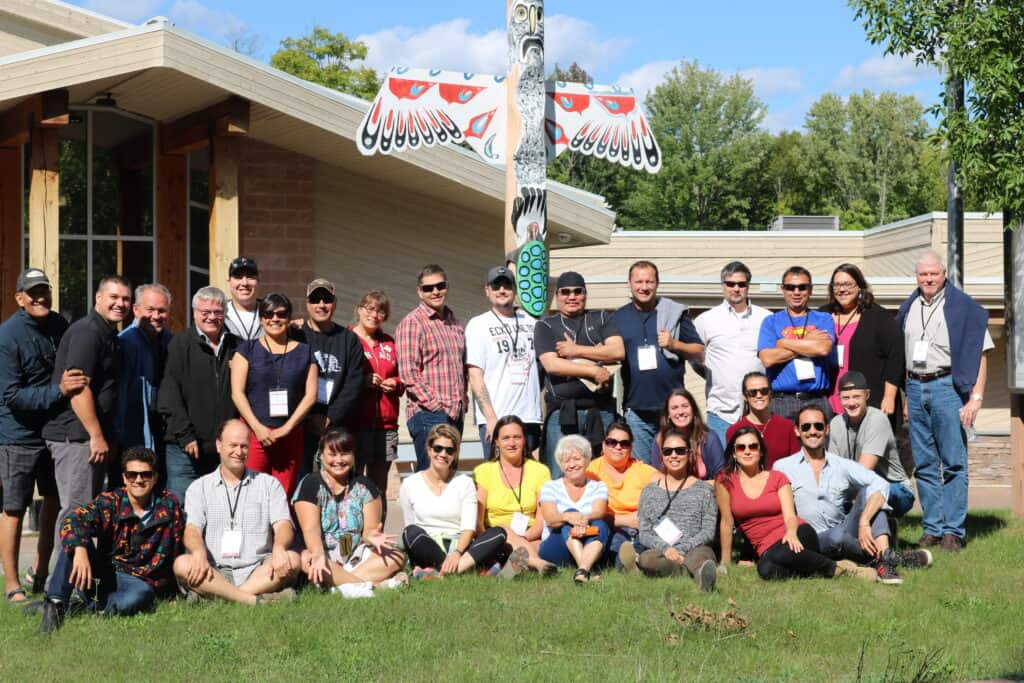
2016
The first 20/20 Catalysts Program cohort
By 2016, when consultants were coming into communities to help develop strategic plans, but without providing ongoing support or creating local participation―crucial to bringing projects to fruition―communities started to realize the need for their own internal capacity development. Chris’ book, Aboriginal Power, highlighted this.
Eryn Stewart and Ian Scholten came on board at Lumos Energy and, along with Chris Henderson, designed and led the first year of the 20/20 Catalyst Program, a capacity-building program in communities, by communities, for communities that consists of three one-week onsite clean energy training across Canada.
The first cohort of the 20/20 Catalysts Program―a group of 18 experienced and committed local community leaders―is still part of the growing ICE family.
*ICE started to operate as a subsidiary of Lumos Energy and would continue to do so until its formal incorporation in 2019.
2017
2017 brought our second cohort of 20/20 Catalysts. Soon after, ICE identified the need for a space where program participants could connect and share experiences. This led us to conceptualize and plan the ICE Network, our online community that today has over 1,500 members.
In 2017, ICE also established an Advisory Council made up of notable Indigenous clean energy leaders who provide wisdom and ideas to guide our work.
Later this year, we realized ICE needed to be a separate organization from Lumos Energy and began the process of incorporation. At the same time, we started to build connections and momentum with funding partners across Canada.
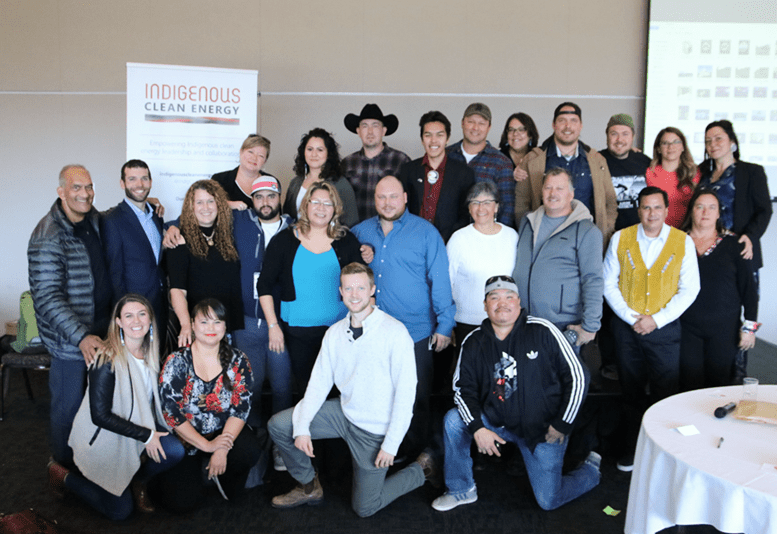
2018
In 2018, we realized that connecting people online was constructive, but we knew that to build strong connections, we had to bring them together. For this reason, in 2018, we planned and hosted our first ICE Gathering at the Banff Centre for Arts and Creativity. The ICE Gathering was framed as an annual conference that would create an opportunity to bring together Indigenous clean energy leaders, partners and supporters to build and strengthen connections and forge strategies for advancing Indigenous participation in clean energy projects across the country.2019
In 2019, our team completed the transition to an independent organization. With this, we were able to establish our first Board of Directors to complement the existing Advisory Council. We are continually grateful for their commitment and contributions.
During this year, recognizing that a major clean energy need was making homes more energy-efficient, we began to develop what is now known as the Bringing It Home program.
In 2019, our second ICE Gathering took place in the unceded Algonquin Anishinabe territory (known as Ottawa, ON) and the event represented an exceptional opportunity to accelerate a more inclusive, just and sustainable clean energy future.
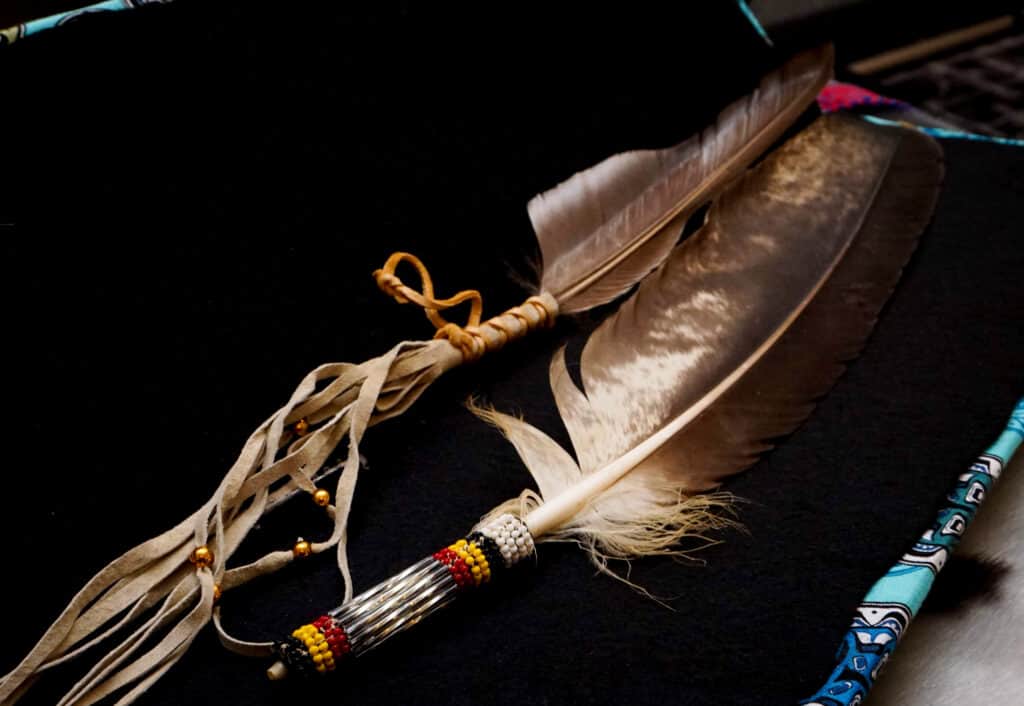
2020
In 2020, we launched the Bringing It Home initiative focused on community-centred healthy energy living. A program that provides tools, resources, and hands-on training to support Indigenous communities in fostering enabling environments and implementing energy efficiency projects.
In addition, the Indigenous Off-Diesel Initiative (IODI) was announced by Natural Resources Canada. The initiative was designed to support remote Indigenous communities in developing and implementing ambitious plans to reduce diesel use for heat and power. Because of our experience and connections, we were chosen as the lead capacity-building institution providing training and resources to energy champions and the communities participating in this program. This led to the creation of ICE Resources with the goal of providing mentorship and support to participants to bring clean energy projects to life.
In this year of immense change due to the global pandemic, we realized the need to catalyze Indigenous youth participation in clean energy, recognizing the crucial role they play in the energy transition planning. In the summer of 2020, ICE hired several young Indigenous and began conceptualizing our youth programs Generation Power and ImaGENation. These programs were designed to equip youth to pursue clean energy careers and to advance their own energy projects.
Finally, in 2020, our Global Hub was conceptualized and launched with the goal of bringing Indigenous worldviews and programmatic knowledge around the world.
2021
Despite the pandemic preventing us from gathering in person, in January 2021, our team successfully hosted the ICE Gathering on a virtual stage. We reached nearly 700 registrants from across the world and held five days of insightful, inspiring, and interactive sessions.
Later in the year, we officially launched Generation Power and introduced ImaGENation, a project-focused program also designed for indigenous youth. This program is delivered in partnership with Student Energy and SevenGen.
Continuing the momentum and exploring new approaches, in 2021, we released the first season of Decolonizing Power, a podcast series that illustrates inspiring stories and community-led clean energy projects from around the world. Decolonizing Power has allowed us to expand our connections and to bring Indigenous voices in climate action to a global level.
We wrapped up 2021 by attending, for the first time, the United Nations Climate Change Conference (COP26) in Glasgow, Scotland. The ICE delegation hosted sessions that highlighted community-led renewable energy microgrids (REMs) as a core component of a net-zero future. COP26 signified the need for greater Indigenous leadership, voices, and equity in climate change spaces worldwide.
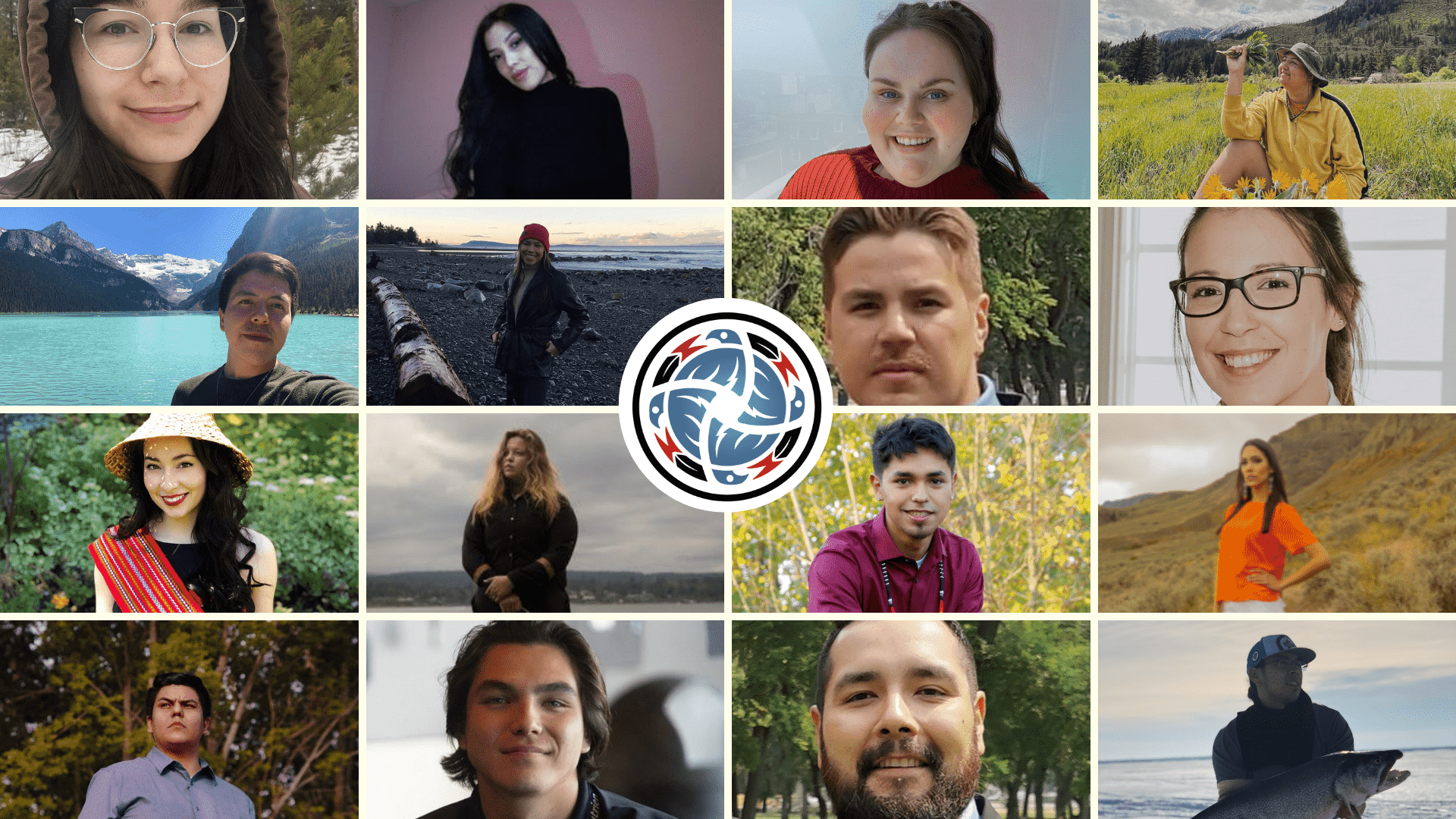
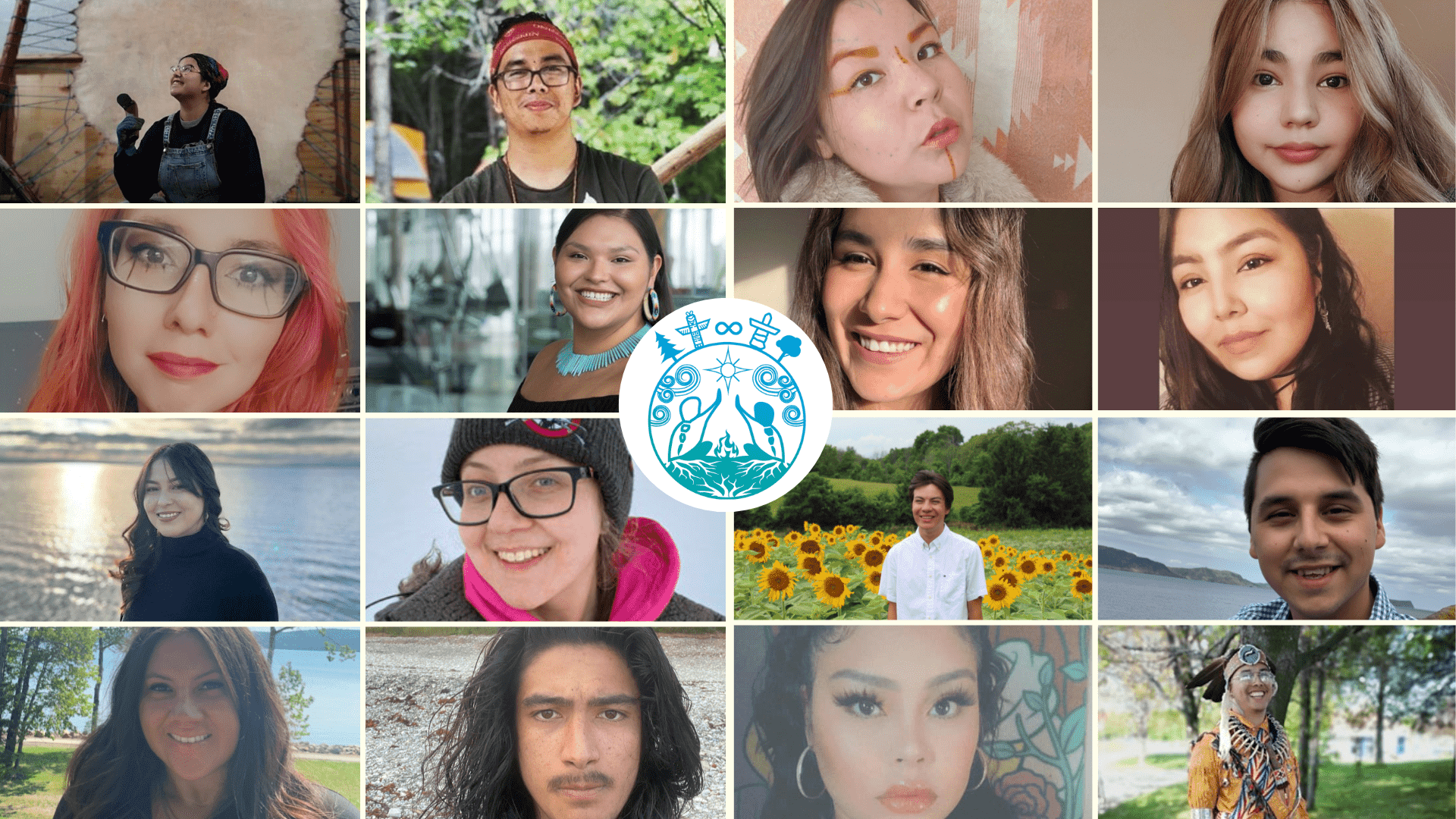
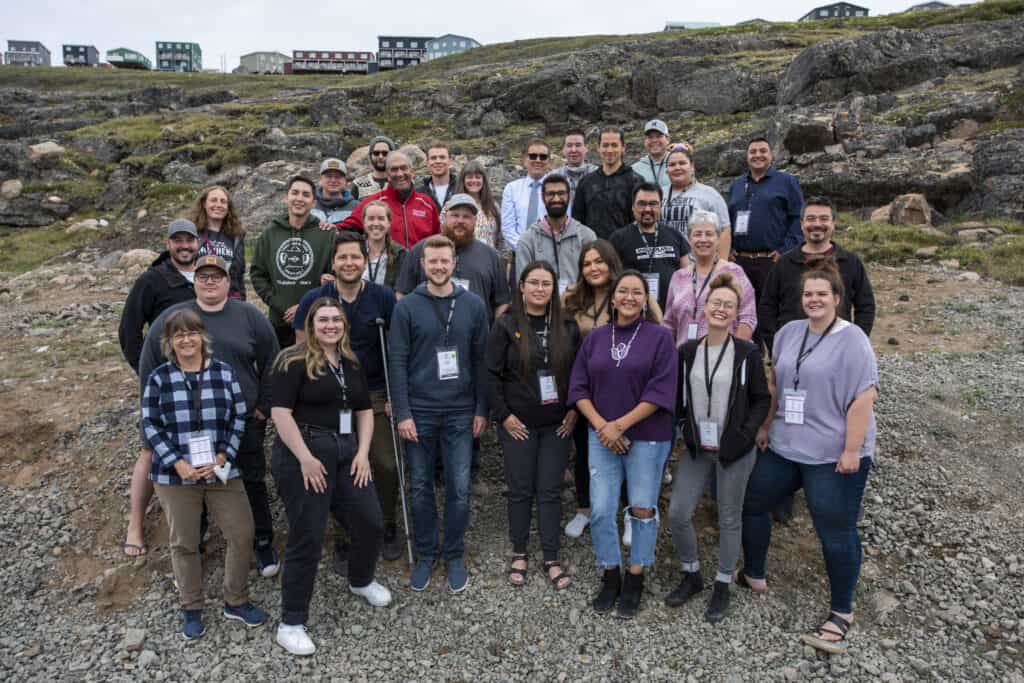
2022
What started six years ago as a team of three, is now a group of almost 30 changemakers spread across Turtle Island. We are grateful to count on a team of diverse backgrounds that enrich our work and impact the way we approach communities.
We also acknowledge with gratitude the role that our mentors, partners, funders and supporters have played in ICE’s growth and success. Their generosity and commitment have been crucial in advancing towards our mission.
At a programmatic level, the latest addition to our dynamic set of initiatives is Charge Up, a program to bring EV chargers to rural Indigenous communities. Charge Up was launched with the support of Natural Resources Canada in March 2022.
In addition, the 20/20 Catalysts Program on-sites are back this year, taking place in British Columbia, Ontario and Nunavut. 2022 marks the program’s fifth year and over 100 Indigenous participants―an important milestone for ICE.
We are thrilled to see what the future brings for the ICE family.
If you are interested in amplifying Indigenous leadership and participation in clean energy projects in Canada, you can take action by joining the ICE Network.
2023
In March, James Jenkins, a proud Walpole Island First Nations member, joined ICE as our new Executive Director. Leveraging his extensive governance and management experience, James is leading ICE through a period of growth and adaptation.
Throughout the year, our Global Hub team fostered meaningful connections with kin across the globe, engaging in capacity-building initiatives and knowledge exchanges with Indigenous Peoples in Colombia, so-called Australia, Masig Island, and Aotearoa. We are thankful for the opportunity to approach these collaborations thoughtfully, ensuring that our work is impactful and sustainable. The team is eager to continue this global outreach, supporting Indigenous clean energy sovereignty through solidarity and action.
Likewise, we continue advocating for leadership opportunities in clean energy projects and community-led energy-efficiency solutions. As part of these ongoing efforts, we launched the Bringing It Home Project Accelerator program. 156 Indigenous communities and organizations joined the inaugural cohort and are now leading the development of energy-efficient housing projects from coast to coast to coast.
Later in the year, the 20/20 Catalysts celebrated program completion at the National Indigenous Clean Energy Forum, which provided a platform for Catalysts to share their experience and showcase groundbreaking community-led clean energy initiatives.
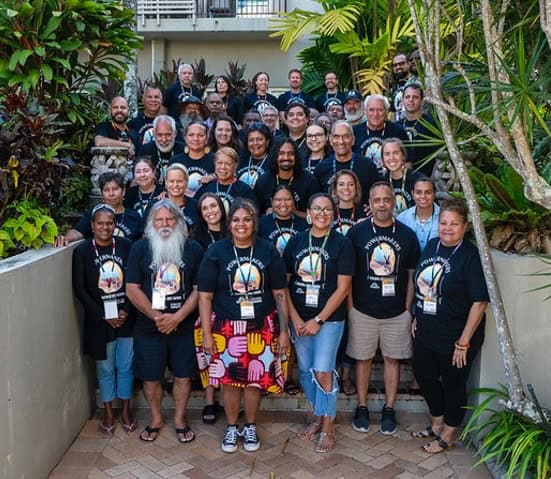
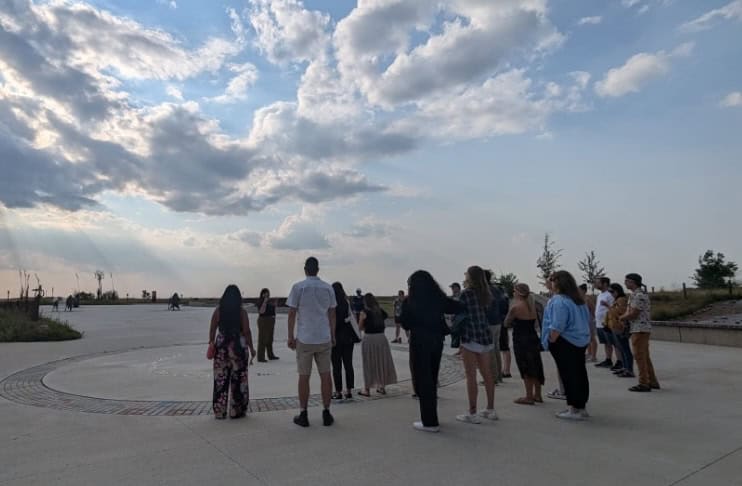
2024
As our team and programming continues to grow, this year was marked by opportunities to gather, celebrate, and learn together.
In November, ICE hosted the 2024 Gathering in partnership with the Globe and Mail in Toronto/Tkaronto.
The Gathering brought together clean energy leaders from across Turtle Island and around the world to catalyze meaningful conversations and partnerships for a just energy transition. With more than 500 registered participants, it was a unique opportunity to build new connections and work together to advance Indigenous participation in the energy transition.
Earlier this year, our team travelled to an in-person retreat on traditional Whitecap Dakota First Nation Territory. The retreat gave new and long-time ICE team members the chance to connect and explore our organization’s culture and mission in meaningful and collaborative ways.
The Energy & Climate team continued their work of fostering global solidarity and meaningful relations with our kin around the world through reciprocal support pathways and programming. ICE delegations travelled to Ecuador, Colombia, Aotearoa, and so-called Australia at various times throughout the year.
The team’s efforts culminated in welcoming ICE’s very first Global Delegation at the 2024 ICE Gathering, comprised of 20 kin from the previously mentioned nations, as well as from Argentina and Denmark.
The Sustainable Transportation program expands with the addition of ZEVs Across the Land, a new initiative focused on education and awareness-building about Zero Emission Vehicles (ZEVs) and charging infrastructure.
Just before the ICE Gathering, the seventh 20/20 Catalysts cohort got together for the Changemakers Forum, where they presented their community energy projects to an audience of community leaders, clean energy professionals, and policymakers.
